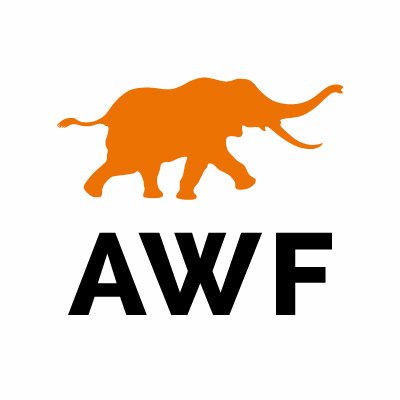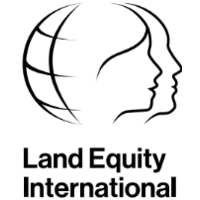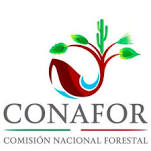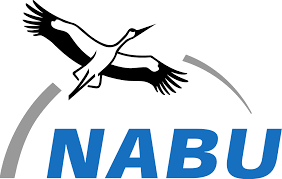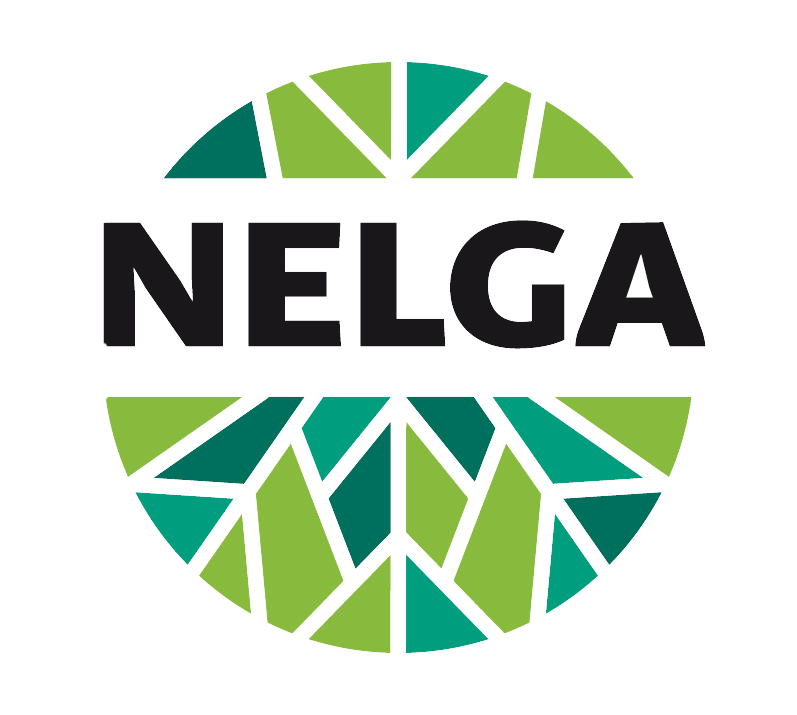AECOM
At AECOM, we believe infrastructure creates opportunity for everyone.
Whether it’s improving your commute, keeping the lights on, providing access to clean water or transforming skylines, infrastructure powers possibilities to help people and communities thrive.


